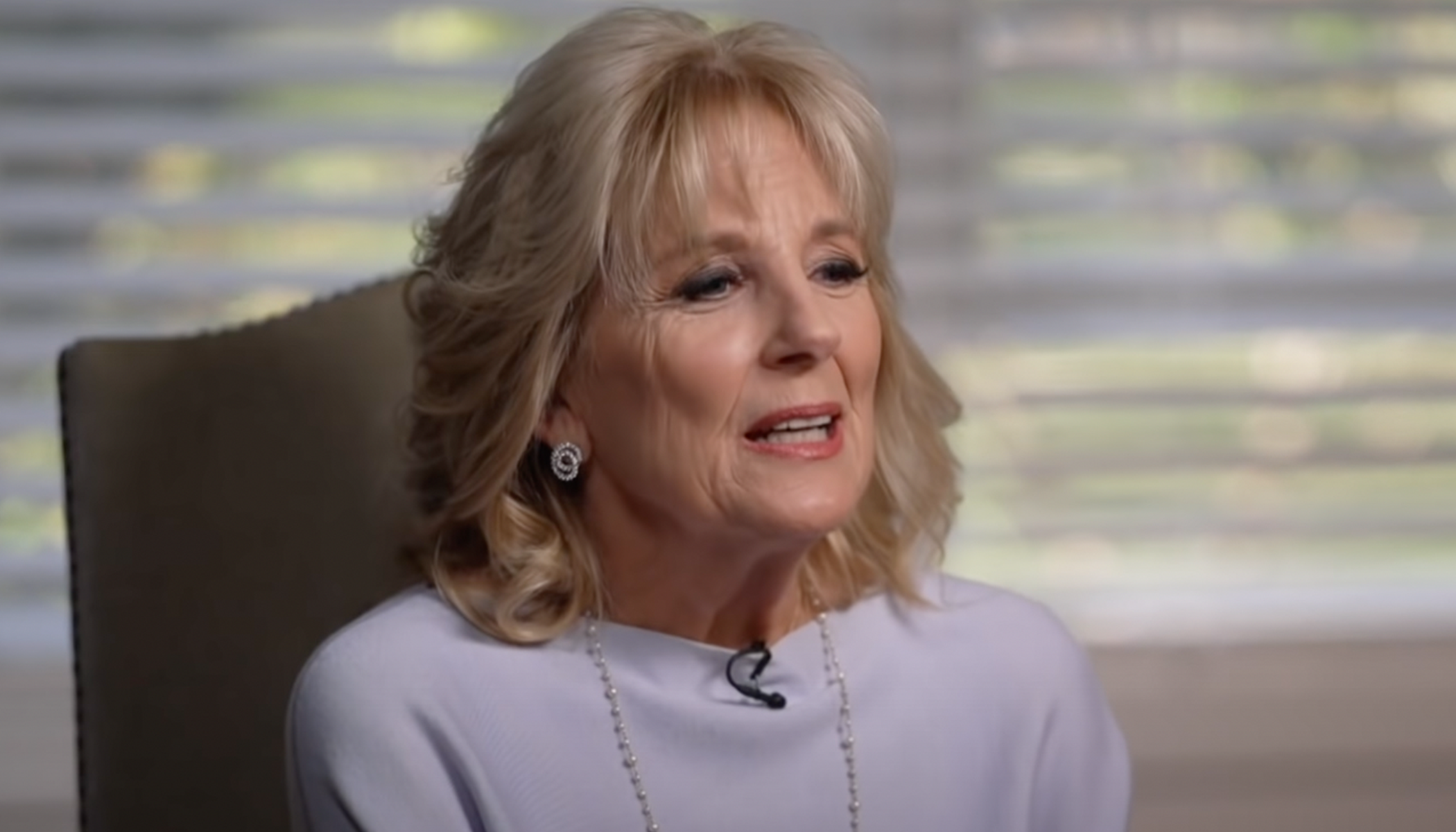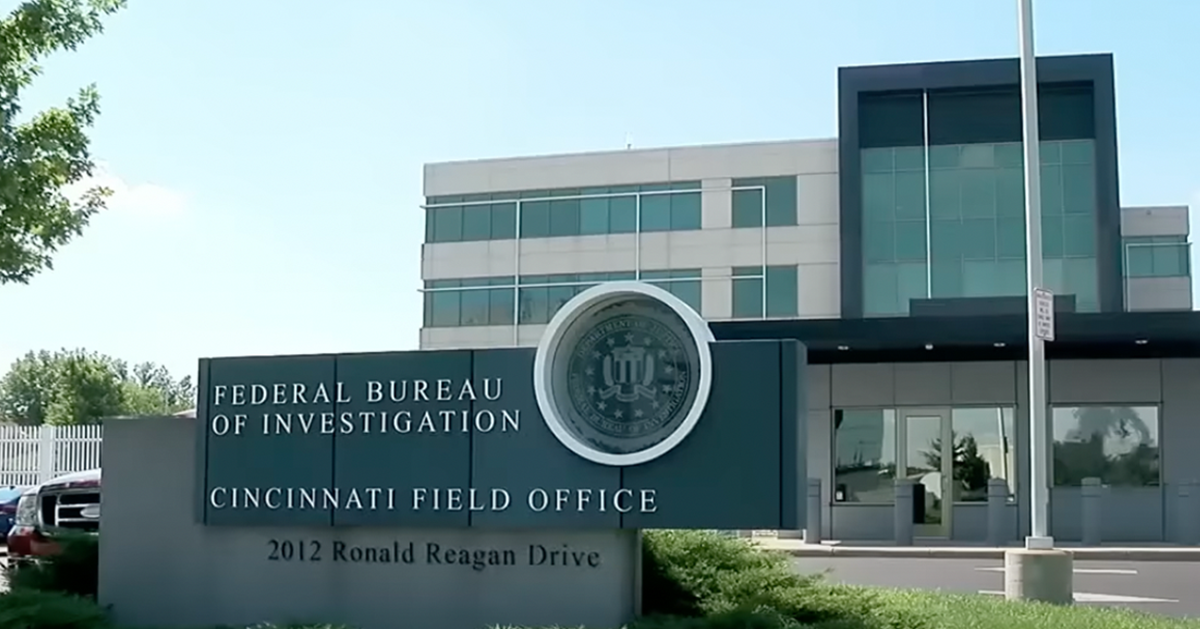DOJ Charges Iranian Man in Plot to Assassinate Trump
The U.S. Department of Justice has unveiled charges against an Afghan national for allegedly orchestrating a plan to assassinate President-elect Donald Trump under the guidance of the Iranian regime.
Farhad Shakeri, 51, is at the center of allegations regarding an assassination plot aimed at President-elect Donald Trump, highlighting ongoing national security concerns tied to Iran, as Axios reports.
According to the DOJ, Shakeri remains at large, believed to reside in Iran. He was allegedly assigned the task of surveilling and determining a plan to murder Trump, with instructions to deliver these plans by October.
He had had failed to devise a plan swiftly, the plot was to be shelved until after the election, reportedly due to a belief by an Iranian Revolutionary Guard official that Trump's election loss would simplify the assassination.
Plot Uncovered During Investigations
U.S. authorities uncovered details of the plot through interviews conducted with Shakeri. The information gathered led to crucial insights into the larger threat posed by Iran against American officials and critics.
Attorney General Merrick Garland emphasized these concerns by labeling Iran a "grave" threat to U.S. national security.
In a related development, additional charges were announced against two U.S. residents. Carlisle Rivera and Jonathon Loadholt were implicated in a conspiracy to silence Iranian American journalist Masih Alinejad. This alleged plot underscores Iran's wider efforts to quash dissent and opposition.
Alinejad, an outspoken critic of the Iranian regime, was identified as a target of an assassination scheme. Scheduled to speak at Fairfield University, she was the intended victim of a foiled attack. Expressing her resilience, Alinejad remarked she had been "given a second life," acknowledging the gravity of the situation she narrowly escaped.
Details of Plot Against Iranian Journalist
The decision to target Alinejad reveals the extent of Iran's reach, aiming not only at political figures but also individuals who pose an ideological challenge. Federal authorities stressed that these charges signal continued vigilance against threats.
In response to the unfolding events, U.S. Attorney Damian Williams made clear that efforts to confront bad actors would persist relentlessly. He noted the ongoing commitment to bring those who threaten security to justice, regardless of geographic barriers.
President-elect Trump, in a statement made in September after surviving a separate assassination attempt, noted he had been informed of Iran's ongoing efforts against him. These incidents add to a backdrop of mounting tensions and underscore the vigilance required to protect American political figures.
Anti-American Threats from Iran Persist
For years, U.S. officials have been vocal about the potential dangers posed by Iran, pointing to it as the greatest nation-state threat to the country's presidential elections. These threats have sometimes manifested externally, with attempts to destabilize political processes or physically target key figures seen as adversaries.
Iran's actions serve as a reminder of the complex geopolitical dynamics the U.S. navigates. With ongoing threats, American officials point to the need for continued robust intelligence-sharing and protective measures to safeguard leaders and dissenters alike.
As Shakeri remains at large, he and the implicated parties face a future of potential capture and prosecution. With these charges, the U.S. aims to signal that such plots will not go unchallenged and that the pursuit of justice will remain unwavering.
Shakeri and Others' Withstanding Justice
Amid these developments, vigilance and international cooperation become vital in countering threats emanating from adversarial states. The Justice Department's announcement underscores not only the nation's determination to protect its leaders but also to defend the broader values of free speech and security.
As the cases proceed, key learnings are likely to emerge, shaping future policy and response strategies. The broader implications of these plots reflect the nuanced and evolving landscape of international security concerns.
This saga reveals the interconnected nature of global threats and the need for a robust response. As legal proceedings advance, they serve as a testament to the enduring vigilance and resolve of law enforcement agencies across jurisdictions.
Through these efforts, the strength and tenacity of democratic institutions stand resiliently against those who seek to undermine them.





